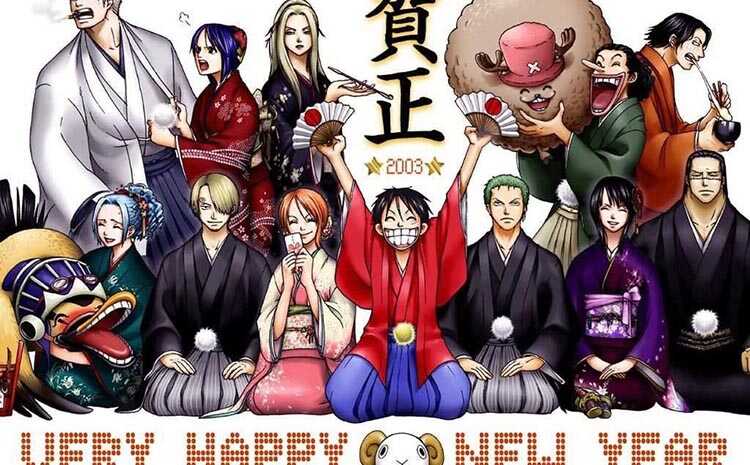In many cultures, the practice of divination has deep roots. From ancient times to the present day, people have sought guidance from various methods such as astrology, tarot cards, and the I Ching. These practices often involve interpreting symbols and patterns to gain insight into the future or to make decisions in the present.
Astrology, for instance, relies on the positions of celestial bodies at the time of a person's birth to provide insights into their personality traits, strengths, and challenges. Each zodiac sign is associated with specific characteristics that are believed to influence an individual's life path and relationships.

Similarly, tarot card readings involve drawing cards from a deck that is rich in symbolism. Each card represents different aspects of life, such as love, career, or spiritual growth. The interpretation of these cards can offer guidance or clarity on a particular issue that someone may be facing.
The I Ching, or Book of Changes, is an ancient Chinese divination text that has been used for thousands of years. It consists of 64 hexagrams, each representing a different situation or concept. Through the process of casting coins or sticks and consulting the corresponding hexagram, individuals seek wisdom and advice.
While these practices vary widely in their cultural origins and methods, they share a common belief in the interconnectedness of life and the universe. Whether one consults the stars, the cards, or the I Ching, the underlying principle is the same: seeking guidance from forces believed to be greater than oneself.
But why do people turn to divination in the first place? The reasons are manifold. At its core, divination offers a sense of empowerment and reassurance. In a world full of uncertainties, it provides a framework for understanding and navigating life's challenges.
For some, divination serves as a form of introspection and self-discovery. By exploring the symbols and meanings embedded in these practices, individuals may gain insights into their own thoughts, emotions, and motivations.
Furthermore, divination can be a source of comfort during times of confusion or distress. Whether grappling with a difficult decision or coping with loss, seeking guidance from an external source can offer solace and a renewed sense of purpose.
It's important to note that while divination can provide valuable insights, it is not a substitute for critical thinking or personal agency. Ultimately, the decisions we make are our own, shaped by our experiences, values, and aspirations.
Nevertheless, the enduring popularity of divination across cultures underscores its significance as a cultural and spiritual practice. From ancient civilizations to modern societies, people continue to find meaning and guidance in these age-old traditions.
In conclusion, the practice of divination reflects humanity's timeless quest for understanding and connection. Whether through astrology, tarot cards, or the I Ching, individuals seek insights into their lives and decisions. These practices offer not only a glimpse into the future but also a deeper understanding of oneself and the world around us.
This article explores the rich tapestry of divination practices and their enduring appeal, highlighting their role in offering guidance and insight in an uncertain world.版权声明:xxxxxxxxx;


工作时间:8:00-18:00
客服电话
电子邮件
admin@qq.com
扫码二维码
获取最新动态
